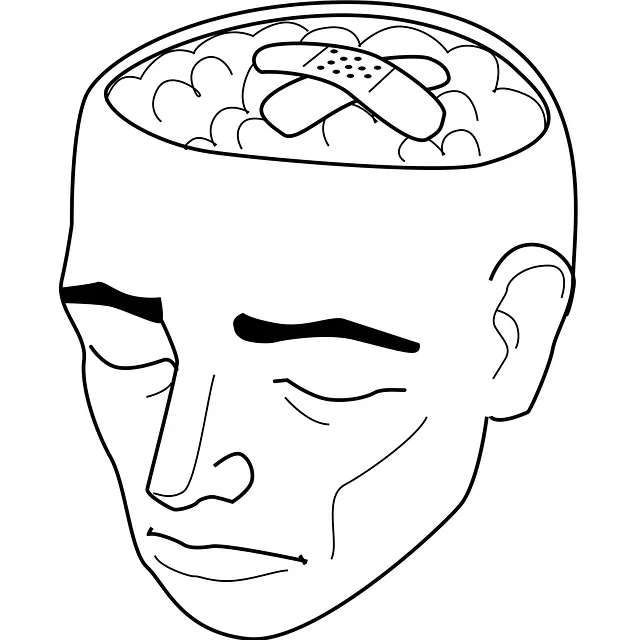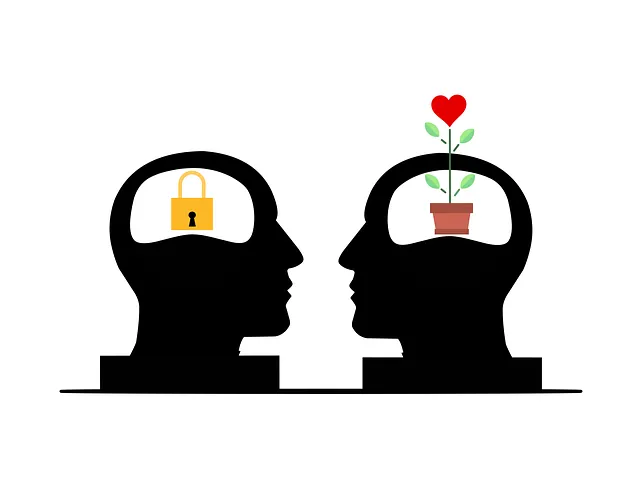Greenwood Village Kaiser mental health classes revolutionize care through cultural competency training. By addressing language barriers, understanding diverse healing approaches, and teaching culture-specific coping mechanisms, these classes enhance communication, improve therapeutic outcomes, and strengthen patient-practitioner relationships, creating an inclusive mental healthcare environment.
In today’s diverse society, cultural sensitivity is paramount in mental healthcare practice. Understanding cultural diversity enriches therapy, but barriers like language, beliefs, and stereotypes can hinder effective care. This article explores strategies for culturally competent practices, highlighting the innovative model at Greenwood Village Kaiser’s mental health classes. By examining these approaches, we can navigate cultural nuances, foster inclusive environments, and provide tailored support to all clients.
- Understanding Cultural Diversity in Mental Healthcare
- Challenges and Barriers to Sensitive Practice
- Strategies for Culturally Competent Care
- Greenwood Village Kaiser: A Model for Inclusive Therapy
Understanding Cultural Diversity in Mental Healthcare

In the diverse landscape of mental healthcare, understanding cultural diversity is paramount to delivering effective and compassionate services. Greenwood Village Kaiser’s mental health classes play a vital role in fostering this awareness, equipping professionals with the tools to navigate the intricate tapestry of different cultural backgrounds and beliefs. Recognizing that folks from varied communities may approach mental wellness differently, these classes emphasize the importance of empathy building strategies and social skills training.
By mastering conflict resolution techniques, healthcare providers can create a safe and inclusive environment, ensuring every patient receives personalized care that respects their unique cultural identities. This holistic approach not only enhances therapeutic outcomes but also strengthens the bond between caregivers and those seeking support, ultimately revolutionizing mental healthcare practices.
Challenges and Barriers to Sensitive Practice

In navigating the complex landscape of mental healthcare, ensuring cultural sensitivity presents unique challenges and barriers that require careful consideration. One such challenge is understanding and respecting diverse belief systems and values, which often shape individuals’ perceptions of health and illness. For instance, in Greenwood Village, Kaiser mental health classes emphasize inclusive practices, recognizing that cultural backgrounds can significantly influence how patients express and interpret their emotional experiences. This sensitivity is crucial when addressing issues like trauma, as different communities may have varied approaches to healing and coping mechanisms.
Additionally, language barriers pose significant obstacles, hindering effective communication between healthcare providers and patients from diverse linguistic backgrounds. Effective communication is paramount for building trust and ensuring accurate assessments. Furthermore, cultural misconceptions and stereotypes can lead to misdiagnoses or inadequate treatment plans. For example, certain communities may have unique stress management techniques that differ from Western norms, requiring mental health professionals to be adept at integrating these alternative approaches into comprehensive trauma support services.
Strategies for Culturally Competent Care

In providing culturally competent care, mental health professionals must be adept at navigating diverse cultural landscapes. One effective strategy is to integrate Greenwood Village Kaiser mental health classes designed to educate both patients and practitioners on cultural sensitivity. These classes often cover topics such as understanding cultural beliefs around mental health, recognizing potential barriers to treatment, and adapting therapeutic techniques accordingly. By fostering a deeper appreciation for cultural diversity, these educational initiatives empower healthcare providers to offer more personalized care.
Additionally, Stress Management Workshops Organization can play a pivotal role in promoting cultural sensitivity. Through interactive sessions, patients from various backgrounds can learn coping mechanisms tailored to their specific cultures. This approach not only enhances mental well-being but also strengthens the therapeutic bond between patient and practitioner. Moreover, Communication Strategies are essential tools for bridging cultural gaps. Encouraging open dialogue, using culturally appropriate language, and being mindful of nonverbal cues can significantly improve understanding and trust within the therapeutic setting.
Greenwood Village Kaiser: A Model for Inclusive Therapy

Greenwood Village Kaiser has emerged as a pioneering model for inclusive therapy, setting a benchmark for cultural sensitivity in mental healthcare. This organization recognizes the profound impact that a patient’s cultural background can have on their mental health and healing process. As such, they offer diverse mental health classes tailored to serve a wide range of communities, ensuring every individual receives care that respects and incorporates their unique cultural context.
By providing specialized services, such as Emotional Intelligence and Confidence Boosting workshops, alongside traditional therapy sessions, Greenwood Village Kaiser caters to the multifaceted needs of its clients. These initiatives extend beyond mere treatment; they foster an environment where individuals can learn effective stress management techniques, build resilience, and develop a deeper sense of self-awareness. The organization’s commitment to cultural sensitivity has not only improved patient outcomes but also encouraged a more inclusive and diverse mental healthcare space.
Cultural sensitivity is paramount in modern mental healthcare, as diverse communities seek supportive environments tailored to their unique needs. By recognizing and addressing barriers, such as language differences and cultural misunderstandings, practitioners can provide more inclusive care. The article has explored strategies like cultural competency training and adapted therapeutic approaches, exemplified by Greenwood Village Kaiser’s innovative mental health classes. Incorporating these insights fosters a more equitable system, ensuring all individuals receive respectful, effective treatment regardless of their cultural background.






